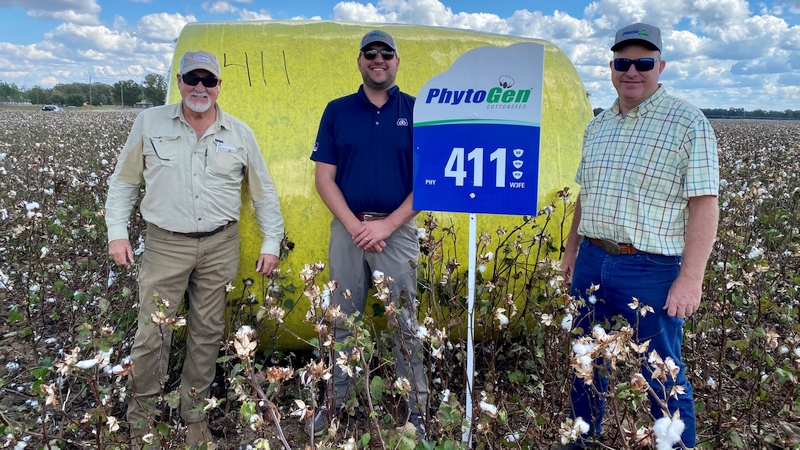Research Commercialization Depends on an Innovation Ecosystem
The future of the research enterprise and the need for an innovation ecosystem for economic advancement was the focus of discussion during a recent event organized by Texas Tech University (TTU) in Lubbock.
As the economies of most developed nations are facing stagnation and developing nations are witnessing jobless growth, efforts undertaken by research universities to create an innovation ecosystem to transfer research into deliverables and jobs are being noticed. In fact, Mr. Narendra Modi, Prime Minister of India, recently made a clarion call to researchers to focus on research commercialization.
“Support for innovation has become one of the core functions of modern research universities,” stated Joseph Heppert, vice president for Research at Texas Tech University.
David Snow, senior managing director of the Office of Research Commercialization at TTU, noted that the old “push approach” to research commercialization doesn’t seem to work these days.
“A proactive approach, which enables the start-up culture, is the way forward,” he said.
Snow also outlined some of the benefits the inventors and academics receive by commercializing their inventions. He emphasized the importance of engagement with industry and customers to transfer technologies into the marketplace. He did admit, however, that access to resources can be challenging, but can be overcome by attracting support from local economic development agencies which support small grants to develop prototypes.
As a 20-year practitioner of translational research at Texas Tech, I can certainly vouch for this approach. It is easier if a technology finds a home in society, which has been the case with the FiberTect textile wipes and low-grade cotton mats for oil spill remediation, commercialized by First Line Technology.
The importance of taking an idea and creating start-ups was emphasized by Kimberly Gramm, senior managing director of the Innovation Hub at Texas Tech. Gramm began her speech with the slogan “We Launch Start-Ups,” then outlined government supportive programs to promote research commercialization. She pointed to support initiatives by science-funding agencies, which are now realizing the broader impact of technology transfer and commercialization.
It is clear that the research engine is quickly moving from being a generator of ideas to being a job creator with broader societal and economic impacts.










